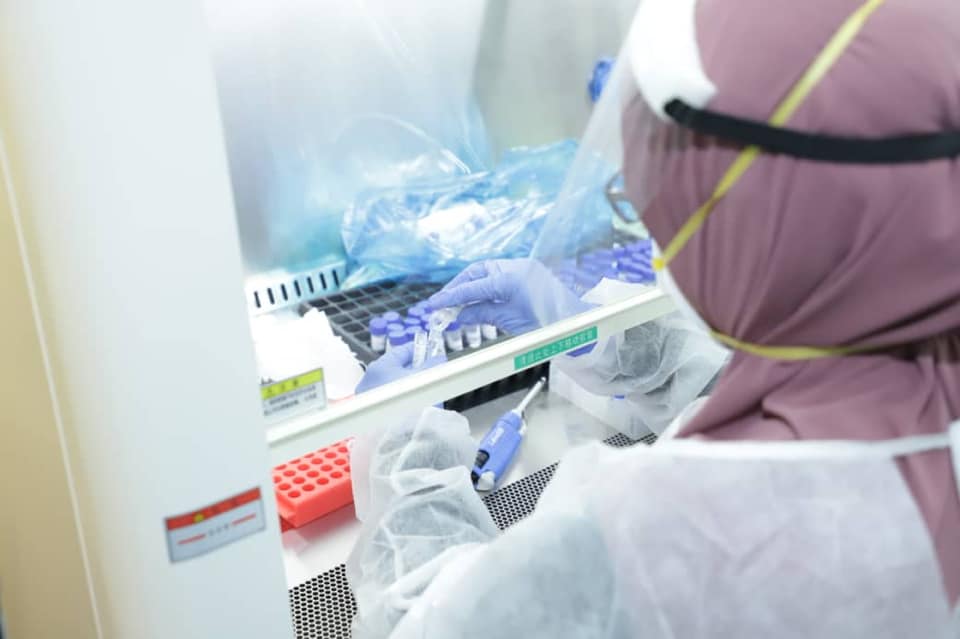KUALA LUMPUR, June 18 — The World Health Organization (WHO) yesterday decided to end hydroxychloroquine testing in its global Solidarity trial that studied potential treatments for Covid-19.
CNBC reported that the decision on dropping the antimalarial drug was taken after data from the clinical trial and another study suggested hydroxychloroquine would not help Covid-19 patients, according to Ana Maria Henao Restrepo, a WHO medical officer, at a virtual press conference in Geneva.
A few studies which supported the effects of hydroxychloroquine in treating Covid-19 patients sparked hope in the beginning.
United States president Donald Trump too touted hydroxychloroquine as a potential treatment for Covid-19, saying he uses it to prevent infection from the coronavirus.
But, some larger studies revealed that the drug was not effective in treating Covid-19 patients and caused heart issues in some patients. A study conducted by the New England Journal of Medicine stated that hydroxychloroquine doesn’t prevent coronavirus infection.
On Monday, the Food and Drug Administration announced it was ending its emergency-use authorisation for chloroquine and hydroxychloroquine after concluding the drugs were “unlikely to be effective” against Covid-19.
“Additionally, in light of ongoing serious cardiac adverse events and other serious side effects, the known and potential benefits of CQ and HCQ no longer outweigh the known and potential risks for the authorized use,” the FDA stated in its notice.
At the same time, a dexamethasone trial led by a team from Oxford University found that the old and cheap steroid treatment — which is used as an anti-inflammatory drug in other conditions like arthritis and asthma — saves the lives of seriously sick Covid-19 patients. However, WHO officials have reportedly urged the public to be cautious about the consumption of dexamethasone.








